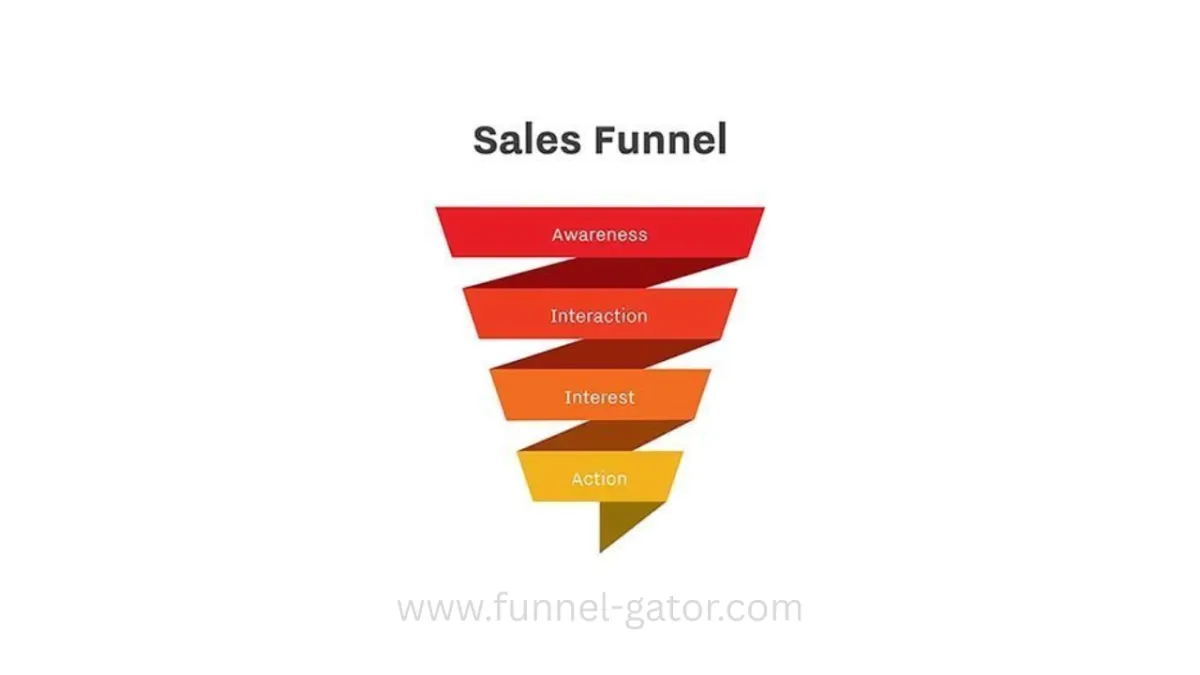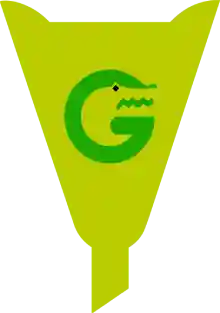
The Ultimate Beginner's Guide to Funnels: How They Work and Why You Need One
If you've been in business, marketing, or even just poking around the internet trying to sell something, you've probably heard the term "funnels" being thrown around. It may sound like something you’d use in your kitchen, but in the world of digital marketing, a funnel is one of the most powerful tools you can use to turn curious visitors into loyal customers.
In this guide, we're going to break down funnels in plain English. No fancy jargon, just real talk and practical steps. By the time you're done reading, you'll not only know what a funnel is—you'll also know how to build one that actually sells.
🚀 What is a Funnel?
A funnel is simply a step-by-step path that guides someone from first discovering your product or service to eventually making a purchase.
Imagine you're walking into a store. At first, you’re just browsing. A staff member approaches, offers help, shows you options, and maybe throws in a little discount. Before you know it, you're at the counter paying. That process is your real-world sales funnel.
Online, the idea is the same. A funnel helps move your website visitors from awareness to interest, then to decision, and finally to action—or what marketers love to call the AIDA model.
💡 Fun fact: The term sales funnel was first introduced in 1898 by advertising legend Elias St. Elmo Lewis!
🧠 Why Funnels Matter
Here’s a quick story. My friend Sarah started a handmade soap business. She created a beautiful website, posted on Instagram, and waited for orders to roll in. But nothing happened. She had traffic, but no sales. What was missing? A funnel.
Once Sarah added a basic funnel—a landing page, a free sample giveaway, an email follow-up, and a limited-time offer—sales started coming in. Fast forward 6 months, and she’s running a full-time business.
This is the magic of funnels—they build trust, nurture leads, and close sales, even when you're not actively working.
🛠️ The Stages of a Funnel (Step-by-Step)
Let’s break down the sales funnel into 4 simple stages:
1. Awareness (Top of the Funnel)
This is where people first hear about you. It could be through Facebook Ads, Google Search, blog posts, or even YouTube videos.
Your goal here? Grab attention. Offer value. Make them stop scrolling.
Tools you can use:
Blog content
Social media
Paid ads
2. Interest
Now that they know you exist, they want to know more. Maybe they sign up for your email list or download your free eBook.
This is your chance to build trust.
What works:
Lead magnets (like free guides or checklists)
Email opt-ins
Webinars
Pro tip: Use email automation tools to stay connected without lifting a finger.
3. Decision
Your lead is now considering buying. They’re comparing options, reading reviews, maybe even chatting with support.
This is the time to make a strong offer.
Effective strategies:
Testimonials
Case studies
Limited-time discounts
Clear pricing pages
4. Action (Bottom of the Funnel)
Boom! Time to close the deal. Your potential customer clicks "Buy Now" or "Subscribe"—and you get paid.
Make the checkout process smooth and simple. One hiccup here, and you might lose them.
Use:
One-click checkout pages
Trust badges
Clear calls to action
🧱 Building Your First Funnel
Ready to create your own funnel? Here’s a quick roadmap:
Step 1: Define Your Offer
What are you selling? A product? A service? A course? Get clear on this first.
Step 2: Create a Landing Page
Use tools like ClickFunnels, Leadpages, or Carrd to build a simple, conversion-focused landing page.
Step 3: Capture Leads
Add a lead magnet to your landing page. Something free that people get in exchange for their email—like a PDF, checklist, or coupon.
Step 4: Set Up Email Automation
Use platforms like MailerLite or ConvertKit to follow up with your leads automatically.
Step 5: Drive Traffic
Promote your landing page using social media ads, SEO, YouTube, or even influencer marketing.
Step 6: Optimize and Test
A funnel is never “done.” Use tools like Hotjar or Google Analytics to see where people drop off and fix it.
🧲 Funnels Aren’t Just for Selling
Here’s a little-known secret: funnels can also be used to grow your email list, book consultation calls, or get people to attend events. They’re not just for e-commerce or coaches—they’re for anyone who wants to build a relationship with an audience and turn interest into action.
✅ Why You Should Start Today
Still wondering if you need a funnel?
Want more leads? Funnels help.
Want more sales? Funnels do that too.
Tired of chasing customers? Let your funnel work for you.
The best part? Once you build a funnel, it runs 24/7—bringing in leads and customers even while you sleep.
🔚 Final Thoughts
Whether you're a small business owner, content creator, or just someone with a dream, funnels are your secret weapon. They take your audience on a journey—from stranger to buyer—and if you do it right, even to raving fan.
Start simple. Stay consistent. And let your funnel do the heavy lifting.
❓FAQs About Funnels
1. Do I need to be tech-savvy to build a funnel?
Not at all! Tools like ClickFunnels, Systeme.io, and Kajabi are made for beginners.
2. How long does it take to build a funnel?
If you’re starting from scratch, it could take a few hours to a few days. But once it's set up, it runs on autopilot.
3. Can I use a funnel without a website?
Absolutely. Some funnel tools let you create standalone pages without needing a full website.
4. Are funnels only for online businesses?
Nope! Brick-and-mortar businesses, consultants, coaches—even non-profits—can benefit from using funnels.
5. What’s the best funnel builder?
That depends on your needs. For simplicity: Systeme.io. For power users: ClickFunnels. For email-focused funnels: ConvertKit or Mailchimp.


